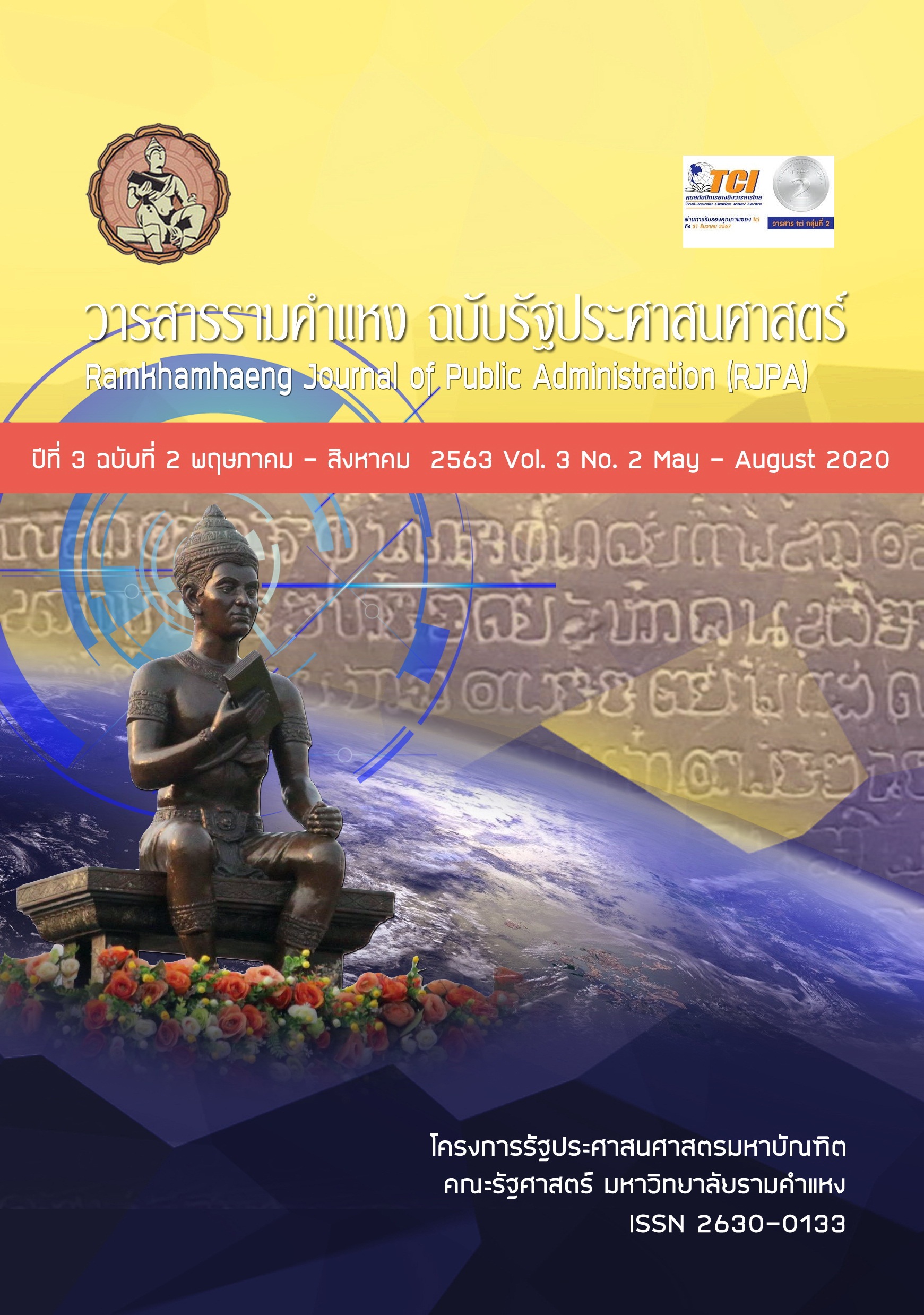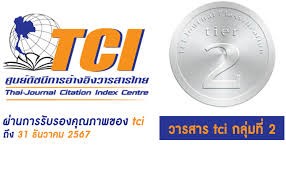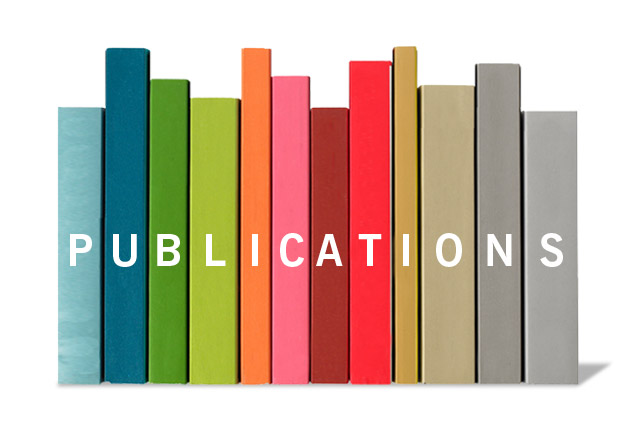นโยบายประชานิยมกับการสร้างแบรนด์ของรัฐบาลในช่วงทศวรรษ ปี 2551 - 2562 (Populist policy and the creation of government’s brand During the decade 2008 – 2019)
Abstract
บทคัดย่อ
การวิจัยครั้งนี้มีวัตถุประสงค์เพื่อศึกษานโยบายประชานิยม วิเคราะห์กลยุทธ์การสื่อสารการตลาดแบบบูรณาการและเปรียบเทียบนโยบายประชานิยมของรัฐบาลในยุครัฐบาลอภิสิทธิ์ เวชชาชีวะ (พ.ศ. 2551 – 2554) รัฐบาลยิ่งลักษณ์ ชินวัตร (พ.ศ. 2554 – 2557) และรัฐบาลพลเอกประยุทธ์ จันทร์โอชา (พ.ศ.2557 – 2562) กับแนวคิดกลยุทธ์การสื่อสารทางการเมืองและนำเสนอแนวทางการสร้าง Brand marketing ของรัฐบาลในยุคปัจจุบัน เป็นการวิจัยเชิงคุณภาพโดยการวิเคราะห์เอกสาร และการสัมภาษณ์เชิงลึก (In-depth interviews) ผลการศึกษาพบว่านโยบายประชานิยมของทั้ง 3 รัฐบาลประกอบด้วย 1) โครงการจ่ายเงินช่วยเหลือค่าครองชีพ 2,000 บาท (เช็คช่วยชาติ) 2) โครงการชุมชนพอเพียง 3) โครงการพักหนี้เกษตรกรรายย่อยและประชาชนผู้มีรายได้น้อย 4) โครงการมาตรการรถยนต์คันแรก 5) บัตรสวัสดิการแห่งรัฐเป็นการกระจายรายได้ให้กับประชาชน และ 6) โครงการบ้านประชารัฐ กลยุทธ์การสื่อสารการตลาดแบบบูรณาการทั้ง 3 รัฐบาลพบว่านโยบายประชานิยมเกิดการเปลี่ยนแปลงรูปแบบจากกลุ่มประชากรที่กว้างไปสู่กลุ่มที่เจาะจงเฉพาะกิจมากขึ้น เข้าถึงประชาชนในทุกรูปแบบผ่านสื่อต่างๆ การนำหลักการตลาดมาประยุกต์ใช้กับนโยบายพบว่า พรรคการเมืองมุ่งเน้นการสร้างความแข็งแรงของแบรนด์ ส่งผลต่อมูลค่าด้านนโยบายพรรคไปอย่างต่อเนื่องในแต่ละพรรคนั้น สร้างแบรนด์ของพรรคให้ทุกคนรู้จักโดยใช้กลยุทธ์แตกต่างกันไป ไม่ว่าจะเป็นพรรคประชาธิปัตย์สร้าง Branding ที่ทำให้ทุกคนเข้าถึงคือ“ความเป็นสถาบันเก่าแก่” พรรคเพื่อไทยสร้าง Branding ในลักษณะของการสืบทอดอำนาจจากนายกทักษิณซึ่งเป็นการสร้างแบรนด์โดยการ “การชูตัวบุคคล” และพรรคพลังประชารัฐสร้าง Branding โดยการ “ชูนโยบาย” ที่เข้าถึงคนรากหญ้ากระจายงบประมาณให้กับประชาชนทั่วประเทศ
แนวทางการสร้าง Brand marketing ของรัฐบาลในยุคปัจจุบัน พบว่า ผลกระทบที่เกิดจากการดำเนินนโยบายประชานิยม มีทั้งด้านเศรษฐกิจ สังคมวัฒนธรรมและทางการเมือง ดังนั้น ควรคำนึงถึงความเป็นไปได้ของนโยบายสร้างภูมิคุ้มกันอย่างยั่งยืน กฎหมายที่เกี่ยวข้องกับหนี้สาธารณะ รวมไปถึงการสร้าง Big Data เพื่อนำไปเป็นข้อมูลในการกำหนดนโยบายประชานิยมที่ไม่ซ้ำซ้อน และให้เกิดการบริหารจัดการได้อย่างรวดเร็วทันต่อสถานการณ์ฉุกเฉินต่างๆ ได้
Abstract
The purpose of this research was to study populist policy, analyze integrated marketing communication strategies and compare populist policies issued by Abhisit Vejjajiva (2008-2011), Yingluck Shinawatra (2011-2014) and General Prayut Chan-ocha (2014-2019) with the concept of political communication strategies and presenting ways to create the Brand marketing of the government in the present day. By employing a qualitative research, document analysis and in-depth interviews with key informants were used as tools to collect data. The results show that the populist policies of all 3 governments consist of 1) Project for payment of living cost 2,000 baht (National Check) 2) Sufficiency community project 3) Debt suspension scheme for small and low-income farmers 4) First car program 5) State welfare card and 6) Baan Pracharath Project
Concerning integrated marketing communication strategies in all 3 governments, it was found that populist policies have changed the pattern from a wider population to more specific groups. Through various media, combined with the advancement in information technology make it quick and easy to access those people. Applying market principles to the policy, it is found that political parties focus on building brand strength, which continuously represents the value of each party’s policy. Create a party's brand by using such strategies, for example; Democrat Party creates a brand by emphasizing an image of "an old institution". Phuea Thai Party created a brand as of a succession of Prime Minister Thaksin's power, which was that of "Personal worship”. While Pracharat Power Party created a brand by "raising policies" that benefit grassroots people, distribute budgets to people across the country.
It was found that populist policies implementation had impacted both economic, society, culture and politics. It should therefore be taken into account the possibility of sustainable immunization policies, laws relating to public debt, including the creation of Big Data to be used as information in determining populist policies that are not redundant. And also, they will be able to manage quickly and in time for various emergency situations.




 Publication Policy (นโยบายการตีพิมพ์บทความ)
Publication Policy (นโยบายการตีพิมพ์บทความ) Publication Ethics (จริยธรรมการตีพิมพ์บทความ)
Publication Ethics (จริยธรรมการตีพิมพ์บทความ)